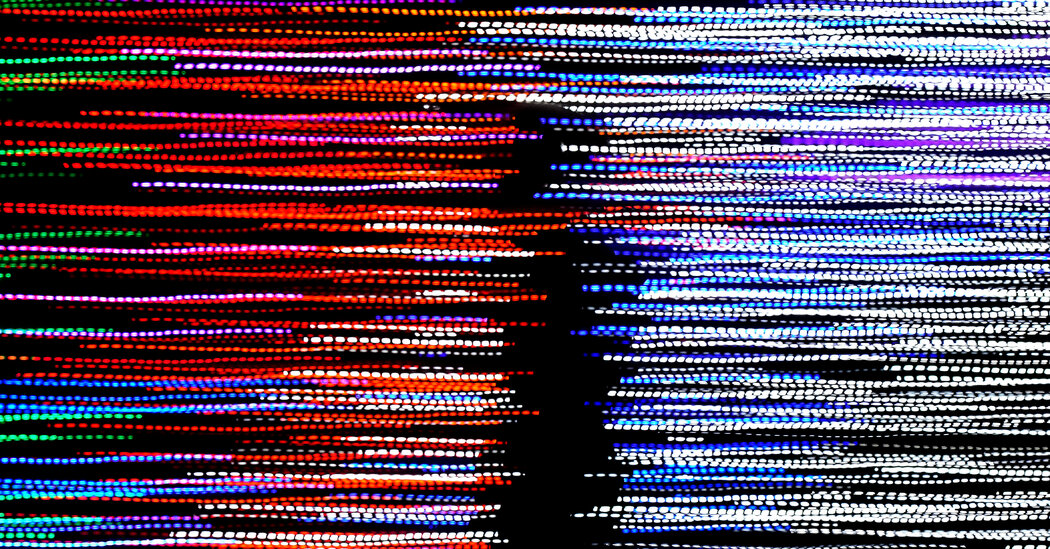A survey revealed similarities between these two altered states of consciousness.
One person felt a sensation of “slowly floating into the air” as images flashed around. Another recalled “the most profound sense of love and peace,” unlike anything experienced before. Consciousness became a “foreign entity” to another whose “whole sense of reality disappeared.”
These were some of the firsthand accounts shared in a small survey of people who belonged to an unusual cohort: They had all undergone a near-death experience and tried psychedelic drugs.
The survey participants described their near-death and psychedelic experiences as being distinct, yet they also reported significant overlap. In a paper published on Thursday, researchers used these accounts to provide a comparison of the two phenomena.
“For the first time, we have a quantitative study with personal testimony from people who have had both of these experiences,” said Charlotte Martial, a neuroscientist at the University of Liège in Belgium and an author of the findings, which were published in the journal Neuroscience of Consciousness. “Now we can say for sure that psychedelics can be a kind of window through which people can enter a rich, subjective state resembling a near-death experience.”
Near-death experiences are surprisingly common — an estimated 5 to 10 percent of the general population has reported having one. For decades, scientists largely dismissed the fantastical stories of people who returned from the brink of death. But some researchers have started to take these accounts seriously.
“In recent times, the science of consciousness has become interested in nonordinary states,” said Christopher Timmermann, a research fellow at the Center for Psychedelic Research at Imperial College London and an author of the article. “To get a comprehensive account of what it means to be a human being requires incorporating these experiences.”
